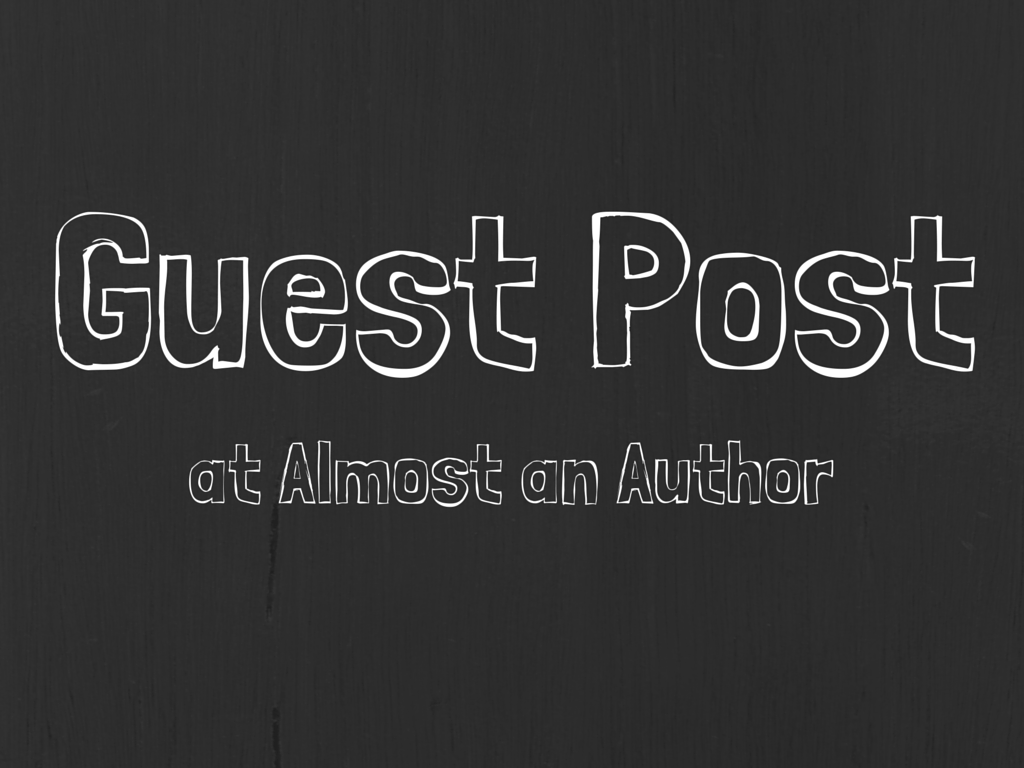older guest posts
Guest post archive
Hooking your Audience Part 1
By Sarah Zuehlke Magazines. They come in a never ending stream of styles and forms. In spite of the…
August 25, 2016older guest posts
By Sarah Zuehlke Magazines. They come in a never ending stream of styles and forms. In spite of the…
August 25, 2016by Shelbey Webb At the young age of 10, as a 5th grader, I recognized that I loved to…
August 18, 2016
by Laura L. Zimmerman I went for a swim at 6:30 this morning. Okay, not really, but in my…
August 6, 2016Promote Your Book Like a Pro by DiAnn Mills Authors are in search of the holy grail of book…
July 16, 2016Angela Ackerman is our Best Selling Author for the month of July. She has blessed us with some encouragement…
June 17, 2016
Don’t say “I work with words.” Rather say, “I handle hazardous material so combustible it has destroyed careers…
July 27, 2015